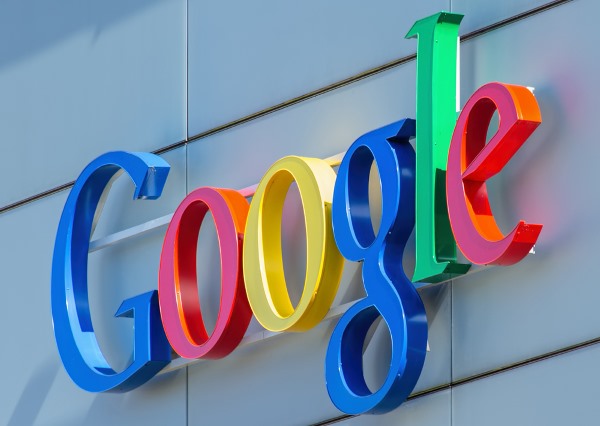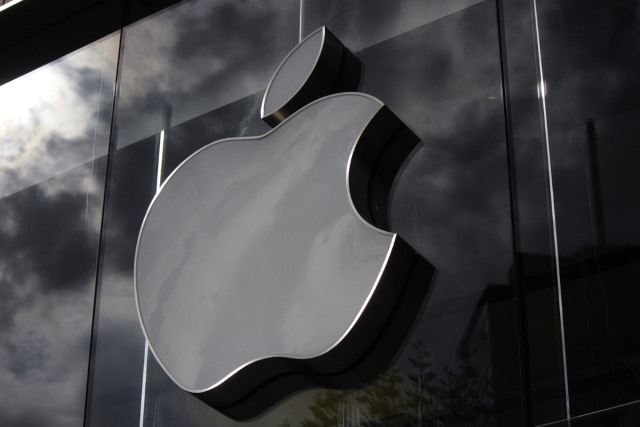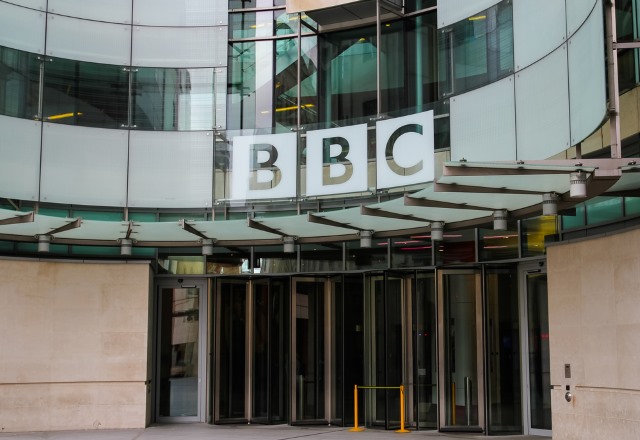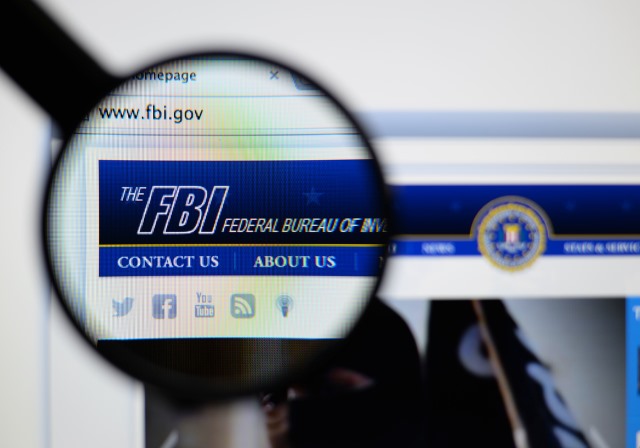
Europe wants to change data sharing deal with US
A comment by the European Court of Justice’s Advocate General about data transfer between European Union and the United States has sent ripples through the tech world, as it might completely change the way EU and the US companies do digital business.
"The Commission decision is invalid", Reuters quotes Advocate General Yves Bot saying, referring to the Safe Harbour framework enabling data transfers to the United States.

Russia opens antitrust investigation against Google
Google has been hit by anti-monopoly lawsuits all over the world. The Americas, Europe, India, China, have all had (or currently have) some sort of lawsuit against the search giant, claiming the American company abuses its dominant position in the search engine market.
Now, Russia is jumping on the bandwagon, with its anti-monopoly agency saying Google is using Android to promote its other services.

Apple and Microsoft are winning the PR game against the US government
Microsoft and Apple are battling the US government over the right to keep their users’ data safe, and according to a report by The New York Times, the American tech companies are winning.
At least they’re winning in the public relations game, as the general notion today is that those companies are doing everything they can to protect their users’ privacy.

GRIP platform lets you sue Google more easily
You know things are getting out of hand when people start making platforms to sue you more easily. That’s what’s currently going on with Google in Europe, as a new platform called GRIP is launched.
GRIP, standing for Google Redress & Integrity Platform is created for those who believe to be affected by Google’s alleged anti-competitive behavior in Europe. According to a Reuters report, it was created by U.S. law firm and class action specialist Hausfeld.

Google hits back at latest round of antitrust accusations
Antitrust claims against Google are nothing new, and the company stands accused of abusing its position and favouring its own products in search results in Europe. Today, Google's General Counsel Kent Walker responded to the European Commission's claims, saying they are "unfounded".
Google has filed an official response to the Commission, but a public blog post gives an accessible insight into the company's mindset. The EU is unhappy with the way Google displayed shopping links in search results, saying its own services are given undue prominence. Google says that far from being anti-competitive, the way it displays search results is beneficial to its users.

EU opens antitrust investigation into Qualcomm
We all love Qualcomm processors, and so do the manufacturers. And while Qualcomm is enjoying a good hold over almost the entire mobile industry, the regulators are in doubt as to whether the US company has achieved its dominance through fair practices. Or is there something else to the story?
The European Commission (EC) has now opened the case. They announced today that they have opened two antitrust probes into the company.

Apple DID conspire to inflate ebook prices, must pay $450 million
On the same day that Apple Music launched, Apple received some bad news from the 2nd U.S. Circuit Court of Appeals. In a 2 to 1 vote, judges ruled that the company did conspire with publishers to inflate the prices of ebooks sold through iBookstore, agreeing with a 2013 ruling.
The judges found that Apple had violated federal antitrust law in coming to arrangements with five publishers, resulting in book prices jumping from $9.99 to between $12.99 and $14.99. Two years ago US District Judge Denise Cote said that Apple was "central" to a price-fixing conspiracy. The ruling having been upheld today, Apple will now have to pay $450 million.

BBC reveals links censored by Google's Right To Be Forgotten
Google's Right To Be Forgotten gives people the chance to request the removal of search results linking to pages that contain information they believe to be "inadequate, irrelevant or no longer relevant". Google says it rejects more requests than it complies with, but there is still concern that the company is not providing enough detail about what it is doing. There have been calls for greater transparency from the company about the censorship that is taking place.
The BBC has published a list of all of the stories from its own site that have been removed from Google search results. The corporation announced that it wanted to be clear with people about which links has been deleted and plans to update the list each month. It already extends to nearly 200 entries and the BBC explains that while the stories may no longer be shown by Google, they are still available uncensored on the BBC site.

What is Facebook not telling us about machiavellian censorship?
Just a few days ago the Electronic Frontier Foundation published its annual Who Has Your Back report looking at how various technology companies treated customer privacy. The report makes for interesting reading, but it also raises some questions. One question that has cropped up several times is "how the hell did Facebook get a rating of 4 out of 5!?"
As well as rating Mark Zuckerberg's social network in terms of its privacy policies and how it responds to government data request, the EFF also probes the hidden censorship that appears to be going on. There have been numerous examples of blatant censorship from Facebook -- including blocking certain pages in Turkey -- and while this is worrying (particularly when the social network's founder is looking to connect the world to the web with Internet.org) what is perhaps more concerning is the censorship we don't know about. The silent censorship that's going on the in the background.

UK CD ripping legislation is unlawful and hurts the music industry
The casual copying of CDs has been going on for years, but it is only relatively recently that it was made legal in the UK. It was only in the latter half of 2014 that the UK government passed legislation that permitted the copying and ripping of CDs for personal use. Today the High Court in London said that the government's earlier suggestion that ripping would not harm the music industry is incorrect.
When the legislation was passed last year, representatives of songwriters and musicians appealed. They were not unhappy with the legalization of CD ripping, but at the suggestion that financial harm would not be caused and compensation was not needed. Mr Justice Green said that "the absence of a compensation mechanism is unlawful".

Apple wants bloggers to pay its legal fees
The launch of Apple News looks set to upset potential publishers if initial reaction to the service's terms and conditions is anything to go by. Bloggers have complained that they have been spammed by Apple with an email inviting them to join the service. Nothing wrong with that (aside from the unsolicited correspondence), you might say, but the problem is, complainants grumble, that acceptance of terms and conditions is assumed unless individuals actively opt out.
Again, this is not entirely unusual, but one of the terms makes for interesting reading. "If we receive a legal claim about your RSS content, we will tell you so that you can resolve the issue, including indemnifying Apple if Apple is included in the claim". But this is not the only clause that has raised the ire of bloggers.

EFF fights abuse of court orders to close sites in the wake of Grooveshark
The EFF (Electronic Freedom Foundation) has involved itself in lots of online battles -- including the fightback against NSA surveillance, and the drive for net neutrality. The latest fight sees the organization joining forces with web performance and security firm CloudFlare in tackling the site blocking activities of the record industry.
The digital rights group is battling record labels which it says are forcing web firms into becoming the "copyright police". The move was prompted by the closure of Grooveshark, a music website run by one of CloudFlare's clients. It re-opens the question of who is ultimately responsible for the content that appears on sites -- those posting it, those hosting it, or any other company involved in the delivery?

Life imprisonment for Silk Road creator Ross Ulbricht
There are lots of online services and sites that quickly become notorious; the Pirate Bay and Napster to name but two. But Silk Road was something in a completely differently league. Found on the dark web, the site acted as a portal to drugs and other illegal goods. It started life back in 2011 and today its founder, Ross Ulbricht is sentenced to life in prison, a year and a half after his arrest.
Ulbricht was found guilty at a jury trial three months ago and today Judge Katherine Forrest said that Silk Road demonstrated he believed he "was better than the laws of this country". She said "this is deeply troubling, terribly misguided, and very dangerous" before handing down the harshest sentence available.

Forensic investigations: Retrieving data from the cloud
Cloud data represents a virtual goldmine of potential evidence for forensic investigators. Together with mobile device data, cloud data sources often present critical connections investigators need to solve crimes.
However, there are a number of challenges that investigators face when it comes to data retrieval from the cloud.

Yes, the NSA did act illegally
It has been hard to avoid talk of the NSA over the past year or so -- Edward Snowden's revelations blew the lid off convert surveillance that has been carried out by the US government. It has been a hugely divisive issue, many heralding Snowden as a hero, others as a traitor and has led people to question whether everyday software might include secret backdoors.
Included in the NSA's activities was the mass collection of metadata about phone calls made and receive by American citizens. Today the US court of appeals ruled that this data collection is illegal. With other countries adopting NSA-style surveillance tactics, the ruling opens up the possibility that the NSA could face further legal proceedings and probes.
